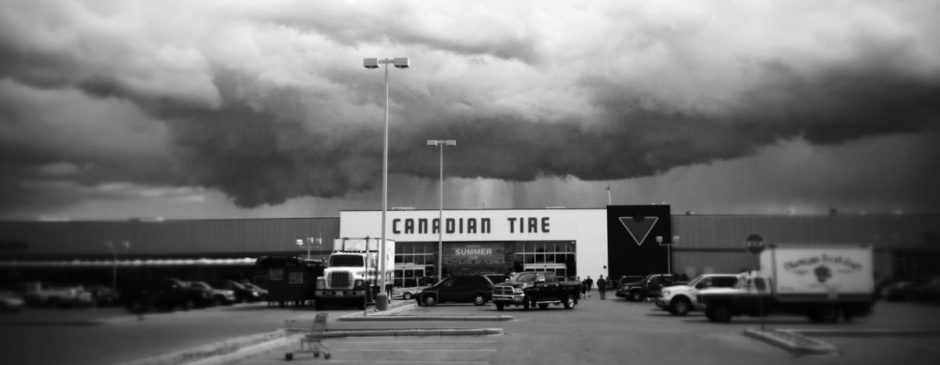One of the things I’ve written about recently is why non-profit/microprofit businesses are the ones most likely to survive in an increasingly bleak future. As the economy, environment and global geopolitical situation continue to deteriorate, I’m pretty sure I won’t be alone in this idea for long — indeed, debates like this one between Tim O’Reilly and Michael Jon Jensen illustrate that the zeitgeist might be slipping in that direction already:
I’ve been a rational guy all my life. These days, because I’m paying attention, my ambient state often approaches rational panic. The world’s tipping points are being reached, in ecosystem after ecosystem; most indicators of heat, or weather extremes, or persistent toxin buildup, or acidification are busting the charts of “faster than expected.” Our Wile E. Coyote legs are spinning really fast.
What do these two themes — non- and for-profit, and the collapse of the natural world — have in common?
I dearly hope that we see, in the next few years, a robustly expanded nonprofit sector addressing these problems, and a vaster volunteerism sector. Because the for-profit sector has few truly long-term interests, on the timescale of the unfolding disaster. (“Human survival is a bonus, but that’s twenty years out. What about next quarter’s report?”)
Further, the scale and scope of the impending collapse will require a special spirit of voluntarism and shared labor and sacrifice, something that’s painfully hard to monetize. There are strong currents within the open-source world and the participatory-Web world, that could make a river of “stuff that matters” that might (to stretch the metaphor) turn the tide.
If the geeks, and the passionate, and the smart, and the ones who are paying attention, could collectively work on (yeah, here it is:) recovering our world, then we might have a chance at a pleasant future world, rather than one of grinding desperation.
The lion’s share of that work will not be about profit, or even business. It will be about people’s participation in what really matters, because they get satisfaction from being part of the solution. (O’reilly Radar)
